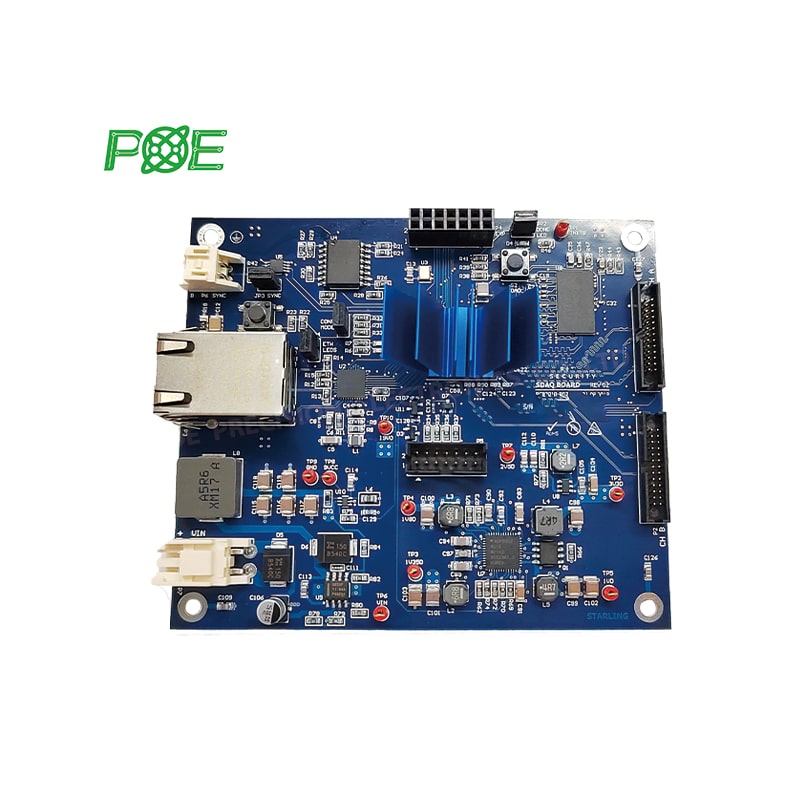End-of-year rhythm at POE: shipments going out every day
— POE PCB/PCBA Manufacturer (@poe_pcba) February 10, 2026
Labels on. Checks done. Tracking sent.
Fast builds are one thing — shipping on the promised day is the real discipline.
If your deadline is tight, send the Gerber + BOM. We’ll tell you what’s realistic.#PCBA pic.twitter.com/wlnqPCGIpY
 Email: all@poe-pcba.com
Email: all@poe-pcba.com
 Whatsapp: 85292069596
Whatsapp: 85292069596
 Tel: 0755-25312250/ +8613798543496
Tel: 0755-25312250/ +8613798543496
 Factory Address: Floor 3, Jinyuan Industrial Park, No. 56, Tangtou Avenue, Shiyan Town, Baoan District, Shenzhen China
Factory Address: Floor 3, Jinyuan Industrial Park, No. 56, Tangtou Avenue, Shiyan Town, Baoan District, Shenzhen China





















